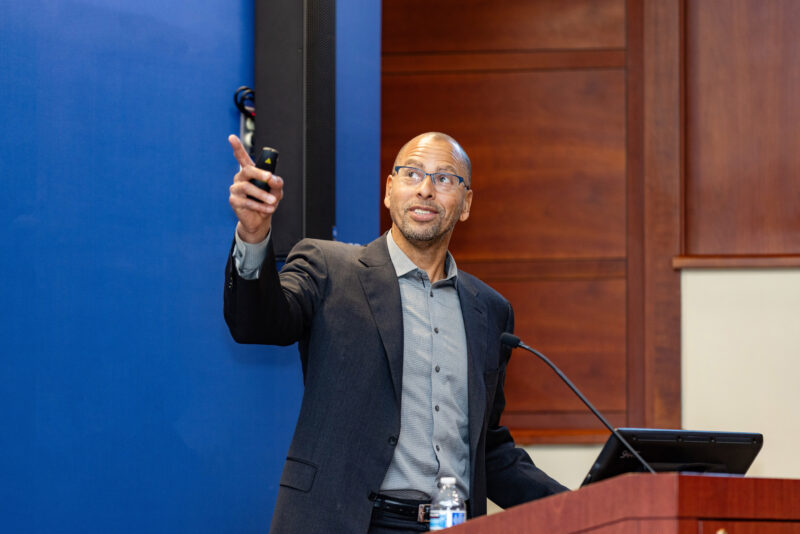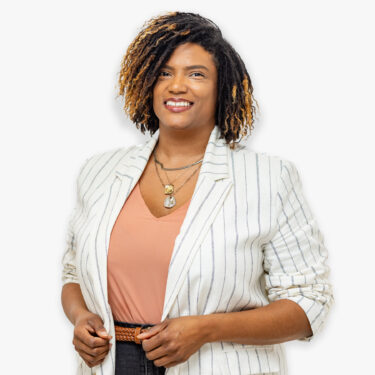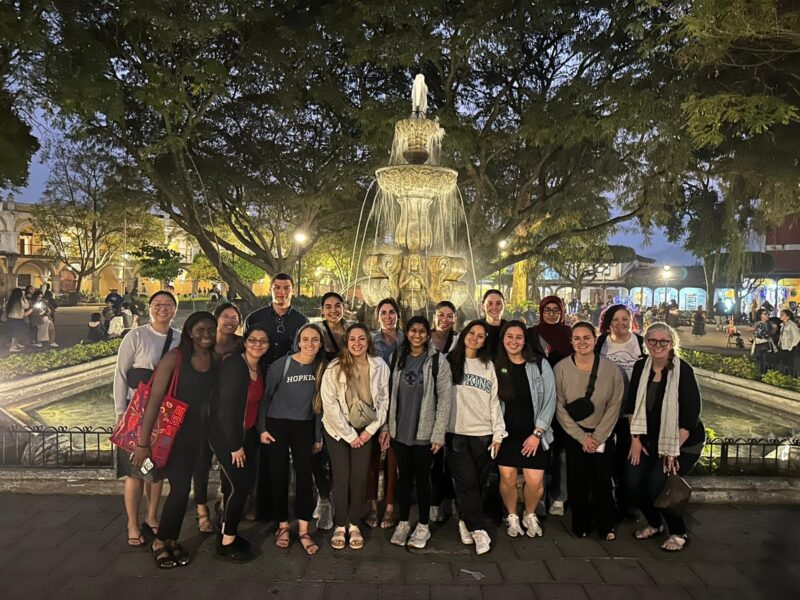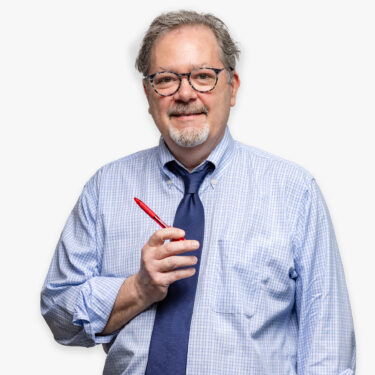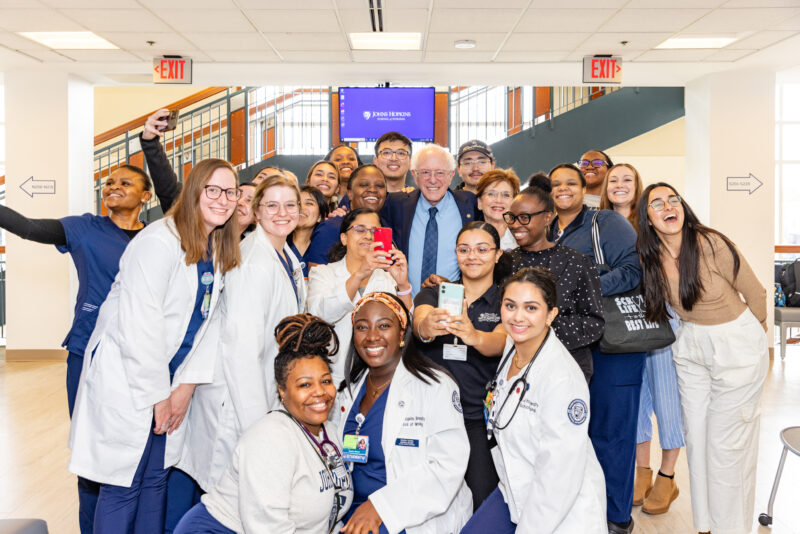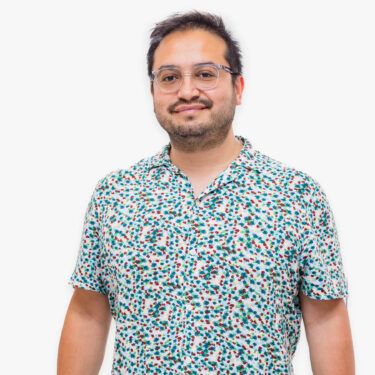Hello from the path of Hurricane Sandy! We have filled our big pots and water bottles, stocked up on non-perishables and bought a few extra bags of designated ‘hurricane’ candy in case we need a little reminder of Halloween. Hope everyone reading is staying safe and warm with full electricity!
A few weeks ago, the School of Nursing accelerated classes attended the first ever Interprofessional Event (IPE) hosted by The Johns Hopkins University School of Nursing and Medicine as well as the Notre Dame College of Pharmacy. Together, the tri-school initiative was aimed to break down barriers in communication between three major players in the acute care delivery system.
At the School of Nursing, we hyped up the event since the beginning of school. We were exposed to the idea since our orientation. In the classroom, we have discussed the importance of integrating the education of these professions to optimize workplace communication. In patient care professions, it is essential to have open lines of communication and a culture of equality amongst all providers.
We started the event with a light dinner and casual mingling. Our table was half nursing and half medicine. It was just so interesting to hear what their course of study is. They were surprised when they heard that we are already in the hospital, having patients, and learning technical skills (all things tubes, wounds and IVs!). It was great to hear both sides of our skills and start to understand how they mesh together.
In the large auditorium after dinner, we heard from faculty representatives for each school about the curriculums, courses and job outcomes for each profession. It struck me, again, how similar our plans are. Though the nursing road is shorter (especially in the accelerated program!) we have the same principles of assessment, pathophysiology, pharmacology, anatomy, and physiology.
After the large session, we moved to smaller group activities. We had 4 SOM, 5 SON and 2 PharmD students in the session. Each of us were given post it notes for the professions that were not ours. I had to write one positive assumption and one negative assumption I had about doctors and pharmacists. At the end, we each posted them on the board and read through them by profession. By the time we got to nursing, some positives were “caring”, “always there for the patient”, “patient advocate”, “motherly/fatherly”, “willing to listen.” Such great positives! Some negatives were “overworked and underpaid”, “less respect”, and “understaffed.” Especially with the negatives, it was important for me to look objectively at nursing as a profession to understand how those assumptions came into play. The shortage of nurses across many parts of the country and the need for a higher level of professionalism in the field makes these negatives valid points in the real world.
Overall, the goal of the IPE was to create more personal connections between each profession and open conversation about what each curriculum prepares us to do. In discussions with my other classmates, we almost unanimously loved the event. It was laid back enough not to feel stuffy or forced but serious to make us better understand the motivations of others to pursue their chosen field. My take home story – mostly formed out of my small group discussion – was that each of us comes to the table with a personal history, an academic background and a charge that motivates us to become who we want to be. Our charge is the passion and excitement that we have to move forward each day. Though our charge might change with our dynamic experience, we will continue to learn from each other until we get into the workplace where our collaboration (with not only doctors, nurses and pharms but also physical therapists, speech pathologists, occupational therapists, etc.) will be necessary for the integrated care and safety of our patients.
